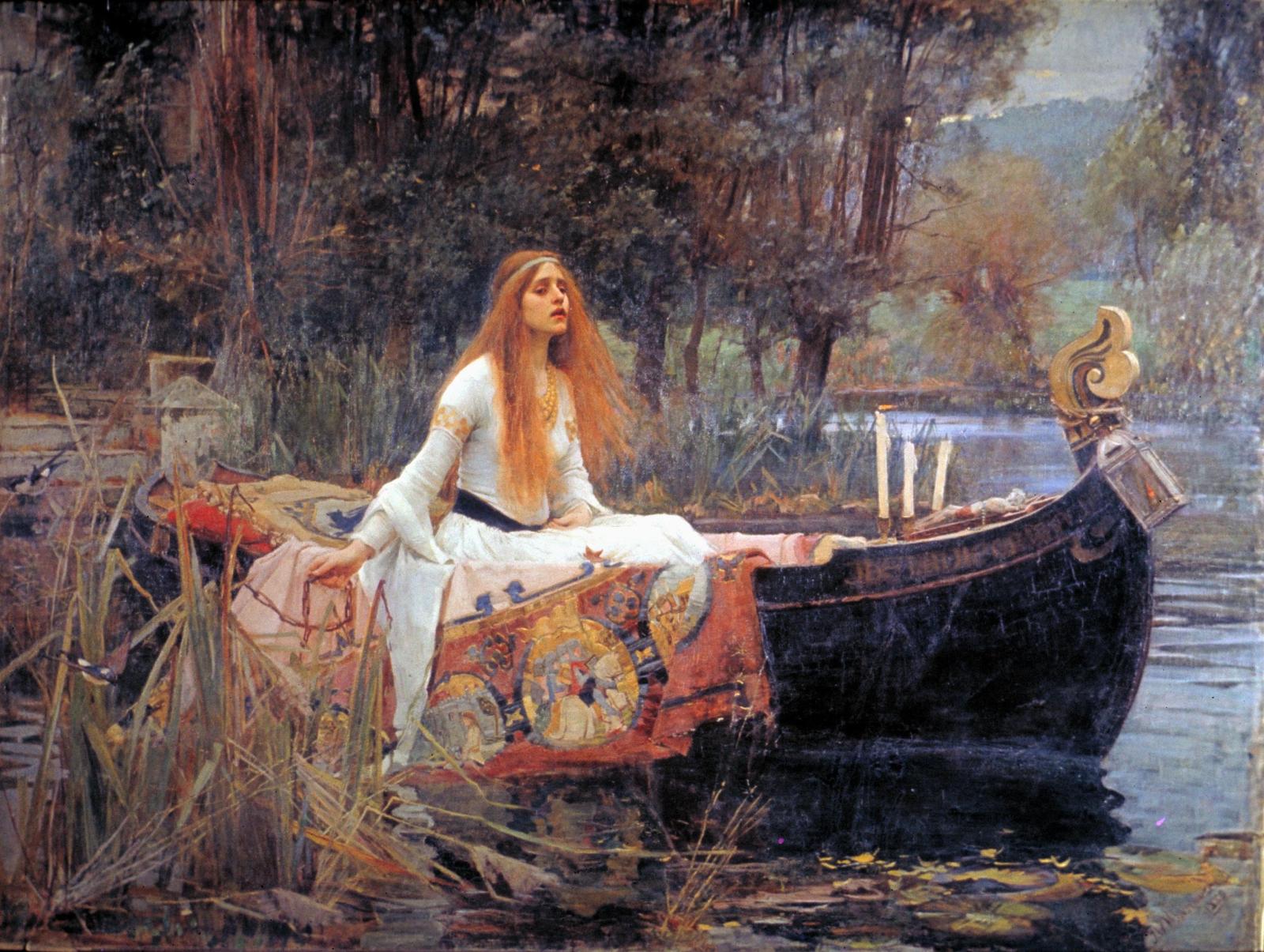All At Once
by Phyllis Chesler

All at once, all at the same time, just in the last ten days, a friend’s beloved daughter died of an overdose; another friend discovered that her long-lasting pain may be something quite serious. Within the last year, a third friend has suffered from lung cancer, a fourth, from prostate cancer, a fifth has gone blind and may now have suffered a small stroke. These are the lucky ones since many more dear friends and colleagues—too numerous to mention—have already died.
My generation, now in their late sixties, seventies, and eighties is passing, passing, right before my eyes, fading, like figures on the tapestry of our lives together. Can our time on earth have been so brief? Is the crumbling of our infrastructure merciful because, bit by bit, it shakes and loosens our grip on life, allows us to consider letting go?
Or, are the cancers all caused by corporate greed, industrial waste, pollution, and are we all characters in a novel by John Grisham in which the polluter is successfully sued? Ah, I fear not. So many figures in history have died in their 20s and 30s. Keats died at 25; Emily Bronte (Wuthering Heights) when she was only 30; Phillis Wheatley at 31; Alexander the Great, who had already conquered the then-known world, at 32; Mozart at 35; Byron at 36; Georges Bizet at 37; both Charlotte (Jane Eyre) Bronte and Frederic Chopin at 39.
Thus, even as we fail, and fall, one by one, we must count ourselves lucky—lucky in history, lucky in geography, lucky in having known each other and lived in both heady and “interesting” times. We must love one another. And, as Robert Herrick wrote: “Gather (our) Rose-buds while (we) may/Old time is still a-flying.” Herrick was lucky too. He died in 1674 at the ripe old age of 83.